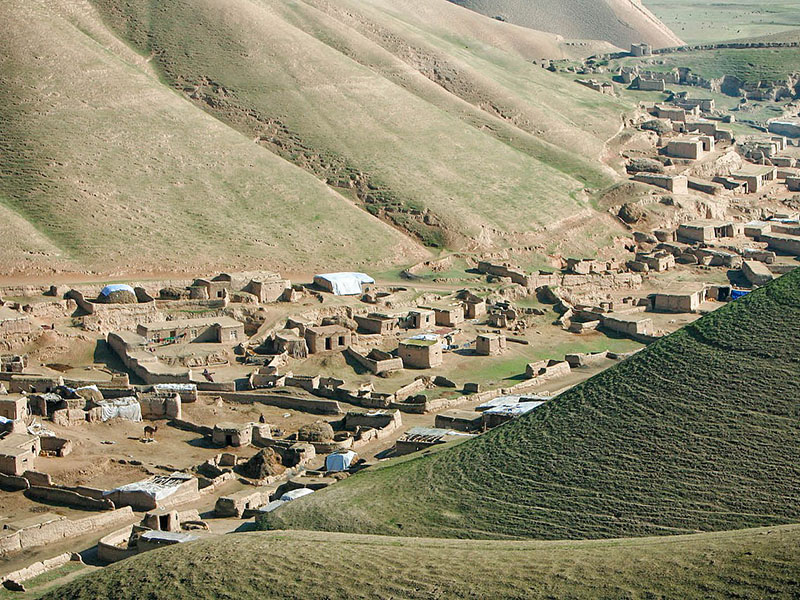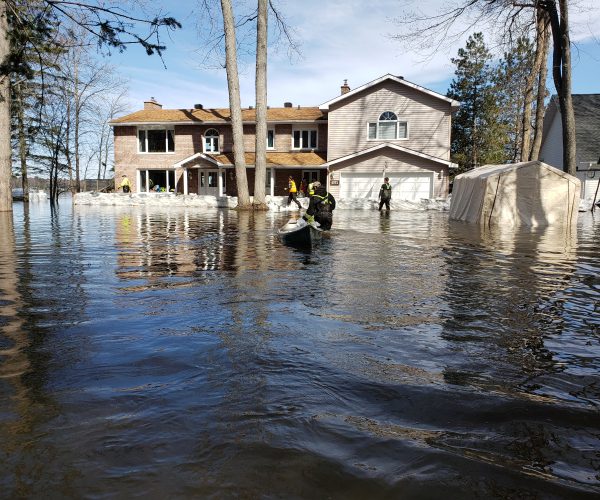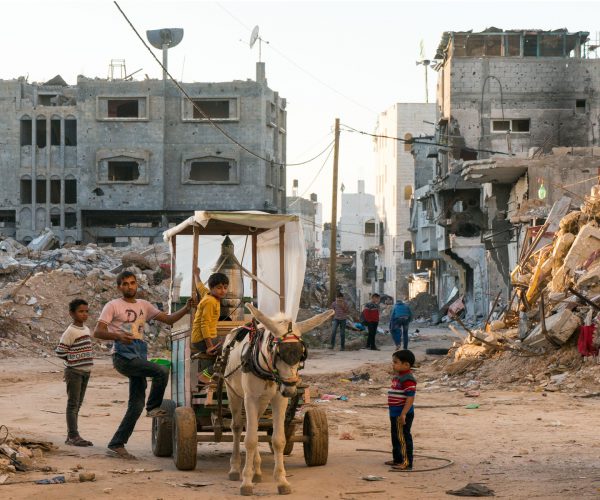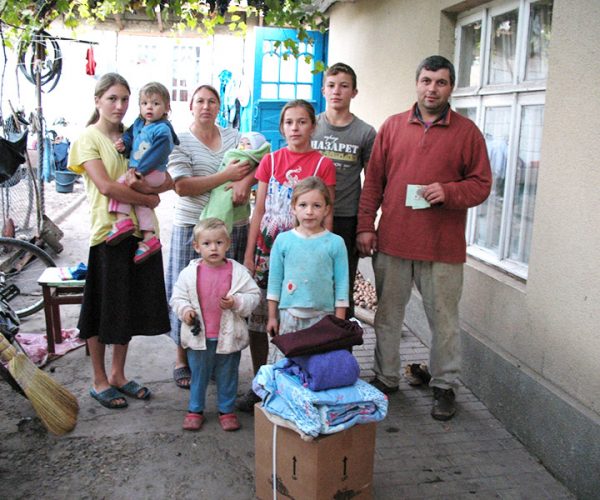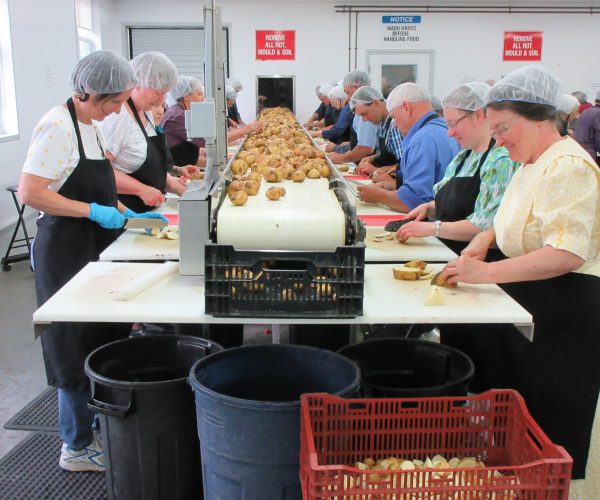Twelve-year-old Maryam* cried as she told her story to contacts in Afghanistan. Her family hasn’t heard anything about her father since he disappeared a year ago. “My brothers and sisters are still small and my mother is sick, and I can’t do anything,” Maryam said. “It has been a few days that we don’t have anything to eat. My mother was working in a bakery before, but now she can’t do that because she is very sick.” Touched by Maryam’s story, our contacts gave her family some food and heating supplies. Tears came to her eyes again, this time tears of joy. “Don’t forget us,” she told our contacts. “We don’t have anyone here in Afghanistan.” Afghanistan’s chain of trials Maryam is one of many Afghans who feels forgotten and alone. For decades this country has endured war, disaster, and hunger. Suffering has reached new levels in the past two years. In 2021, fierce fighting broke out when the Taliban took control of Afghanistan. International agencies pulled out of the country, the economy crashed, and countless Afghans lost their jobs. In the summer of 2022, an earthquake and widespread flooding destroyed homes and wiped out crops. Then an unusually cold winter hit the country, with temperatures dipping below 0ºF. Many Afghans had sold household items like blankets to buy food, leaving them unprepared for the brutal winter. They faced a grim predicament: Should they use their limited incomes to buy heating fuel, increasing the threat of starvation? Or should they risk freezing to death to buy food? Now in 2023, these challenges leave Afghans struggling in a battered country. With a crumbled economy and jobs hard to find, hunger is rampant. In some cases, families eat only dry bread and water once or twice a day. Desperate to feed their families, Afghans are turning to drastic measures. Some are joining a local extremist group, hoping to find a means of survival. Fathers are selling their young daughters into marriage, often to much older men. Other people sell their organs, using the money to buy food. “I had to sell my kidney to save my children,” said one mother. But even this mother’s sacrifice didn’t bring long-term solutions. Her food supply ran out again, leaving her family with nothing to eat. The number of beggars in Afghanistan is growing as people run out of options. Hakima, a widowed mother says, “I am really ashamed to say this, but in the evening I go to the bakery and sit there for a long time and wait until someone comes and gives me bread. Many times I can get some bread and give it to my children, but you can see that [they] are so weak.” Can we help? As our contacts in Afghanistan seek to help these people in desperate need, they are flooded with more pleas for help than they can respond to. These trusted contacts are reaching out to us with requests for aid. We are working with them to provide much-needed items like food, blankets, and winter clothing. The winter aid will be distributed later in the year. Our budget for this project in 2023 is $5 million. Afghanistan’s needs sometimes feel overwhelming, and we may wonder if the things we can do are making a difference. One Afghan father reminds us that God is working in this country. “We thought that maybe God forgot us in Afghanistan,” he told our contacts. “But something inside told me, ‘Wait, there is always good news for all of us.’ And now when we met you, I understood that God is always caring about us and helps us, and did not forget us . . .” *Names in this article are changed to protect identities.
Please click below to give a one-time donation to the Afghanistan Crisis project.

